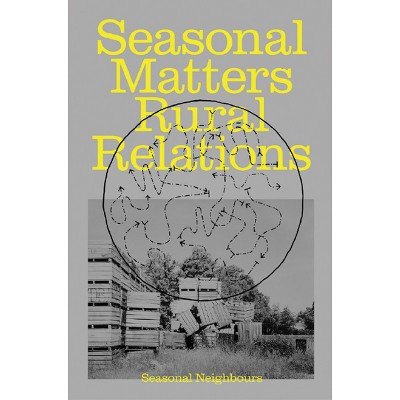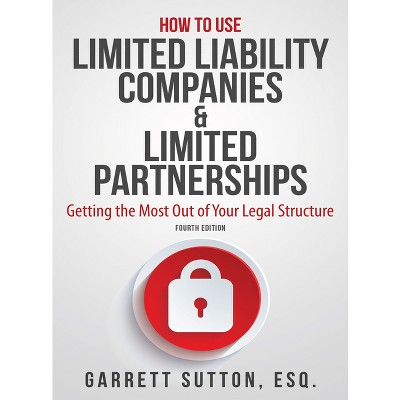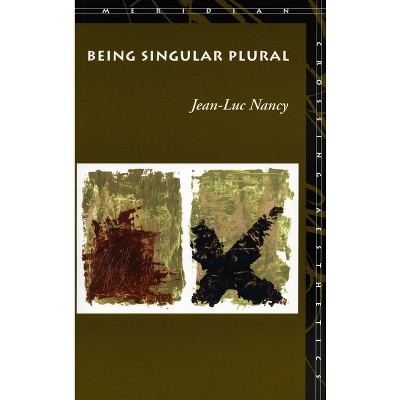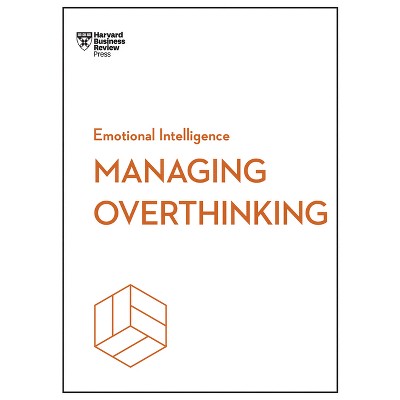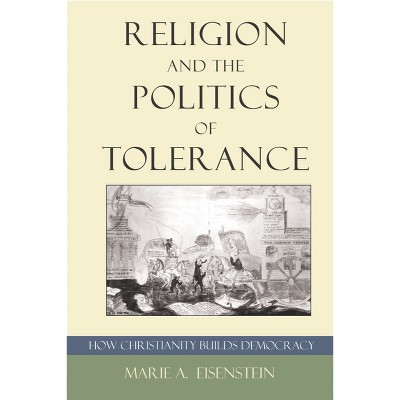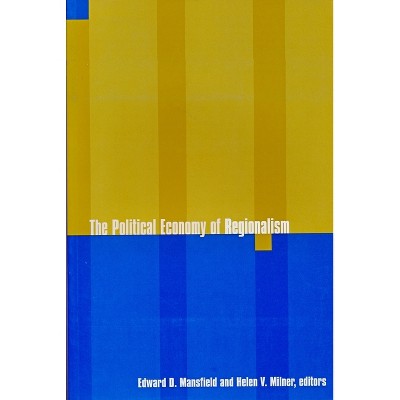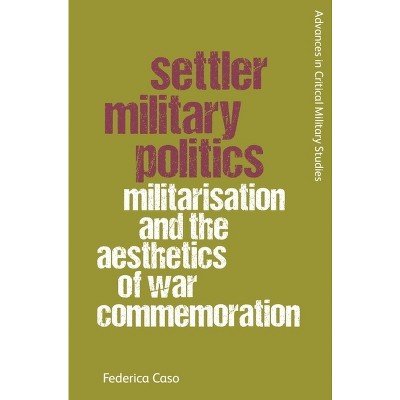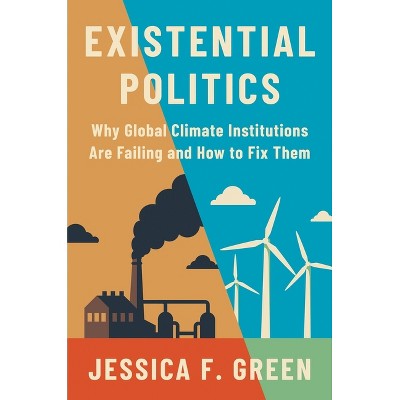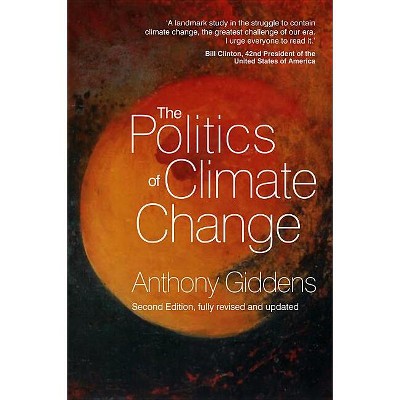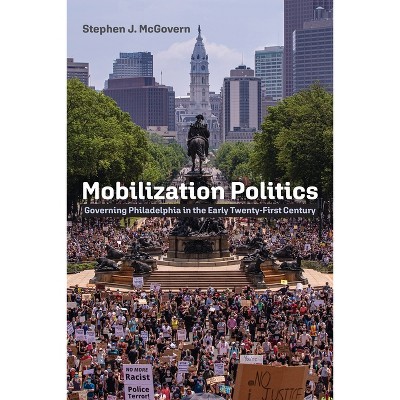Sponsored

A Tolerance for Inequality - (Chicago Studies in American Politics) by Andrew J Taylor
In Stock
Sponsored
About this item
Highlights
- A nuanced reassessment of US democratic responsiveness and public opinion on economic policy that explores the real reasons government does not do more to mitigate inequality.
- About the Author: Andrew J. Taylor is professor of political science in the School of Public and International Affairs at North Carolina State University.
- 320 Pages
- Political Science, Public Policy
- Series Name: Chicago Studies in American Politics
Description
About the Book
"A nuanced reassessment of US democratic responsiveness and public opinion on economic policy that explores the real reasons government does not do more to mitigate inequality. Many believe that the United States' growing economic inequality is the result of a political system that has been captured by wealthy elites. But is economic capture actually the problem? In A Tolerance for Inequality, Andrew J. Taylor examines this question from multiple angles, drawing on public opinion data and analyses of representation in Congress. Taylor finds that economic policy outcomes are more reflective of public opinion than the common wisdom suggests. Broadly, less-affluent Americans' policy preferences are not meaningfully different from the preferences of other Americans, and Washington is responsive to these preferences. Although politicians are more affluent, on average, than most Americans, this does not prevent them from representing the economic views of their poorer constituents. Today's Democratic Party is more interested in regulation and supplying public goods than redistributing wealth downwards, and political reforms designed to provide more equal outcomes are largely misguided. In short, Americans get the kind of economy they at least say they want"--Book Synopsis
A nuanced reassessment of US democratic responsiveness and public opinion on economic policy that explores the real reasons government does not do more to mitigate inequality.
Many believe that the United States' growing economic inequality is the result of a political system that has been captured by wealthy elites. But is economic capture actually the problem? In A Tolerance for Inequality, Andrew J. Taylor examines this question from multiple angles, drawing on public opinion data and analyses of representation in Congress. Taylor finds that economic policy outcomes are more reflective of public opinion than the common wisdom suggests.
Broadly, less-affluent Americans' policy preferences are not meaningfully different from the preferences of other Americans, and Washington is responsive to these preferences. Although politicians are more affluent, on average, than most Americans, this does not prevent them from representing the economic views of their poorer constituents. Today's Democratic Party is more interested in regulation and supplying public goods than redistributing wealth downwards, and political reforms designed to provide more equal outcomes are largely misguided. In short, Americans get the kind of economy they at least say they want.
Review Quotes
"A Tolerance for Inequality breaks new ground and makes a significant intellectual contribution by focusing on those areas where the connections between economic and political inequality are least established. Taylor evaluates claims about the role of inequality in American politics, countering the view that economic inequality leads to overwhelming political inequality. The result is a point-by-point examination that not only raises important qualifications but proposes valuable alternative interpretations."--Matt Grossmann author of "How Social Science Got Better: Overcoming Bias with More Evidence, Diversity, and Self-Reflection"
"Drawing from decades of research on public opinion and public policy, Taylor challenges the conventional wisdom that American policymaking has a strong upper-class bias. Meticulously researched and carefully written, Taylor's book reframes the debate on inequality in American politics. Just as importantly, it encourages political scientists to think deeply about how our own biases and preconceptions affect the questions that we ask and the answers that we find."--Christopher Ellis Bucknell University
About the Author
Andrew J. Taylor is professor of political science in the School of Public and International Affairs at North Carolina State University. His research focuses on American governmental institutions, and he is the author or coauthor of four books.Shipping details
Return details
Trending Non-Fiction




